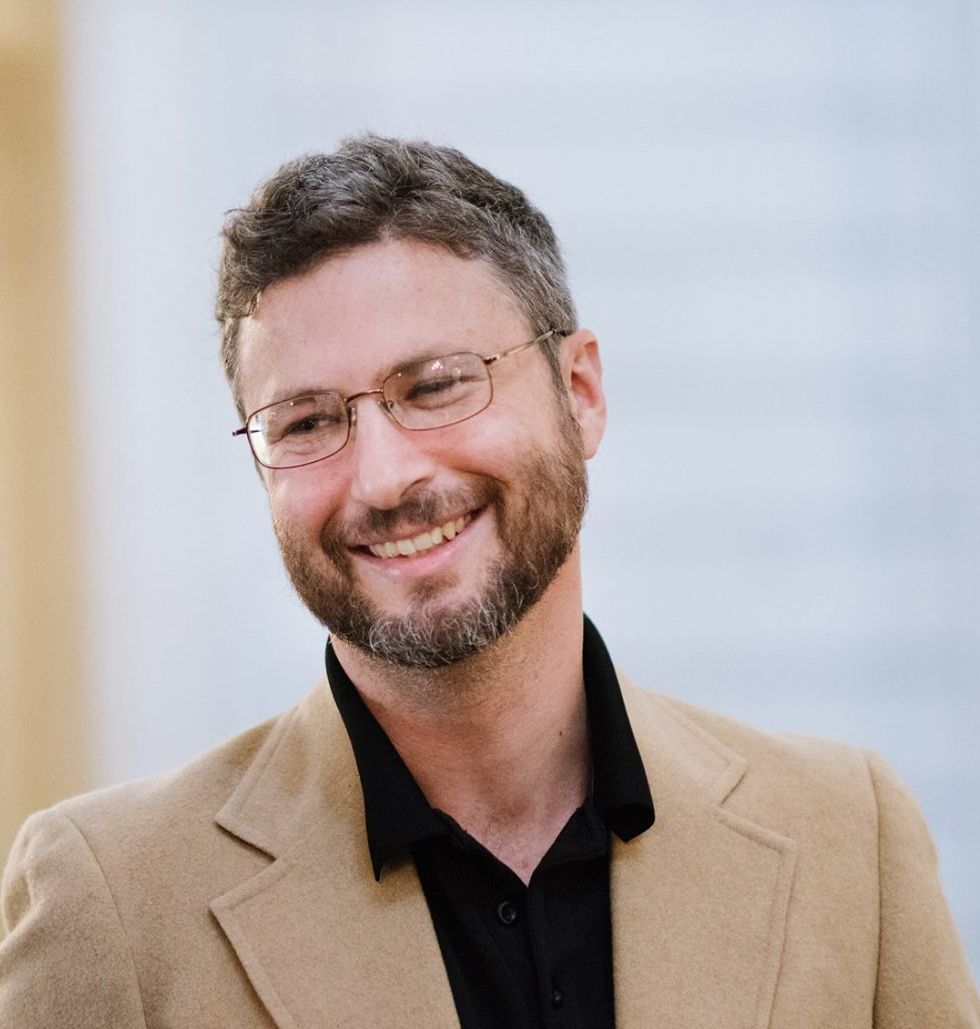©Phill Becker
09/02
When you flush something down the toilet, where does it go? Well, of course it goes into the sewer or septic system never to be heard from again. Good bye and good riddance, right? Only that’s not really the end of the line. The sewer lines connect to treatment facilities, and eventually find there way out back into the world. It all has to go someplace.
The single most important thing I learned in college this: “There’s no such thing as a free lunch, and everything goes somewhere.” The free lunch thing is no surprise to most people, we’ve heard it before. Even if you do score a free lunch, it cost you something in energy or resources to get there in order to consume it. Say, for example, that your best friend from back home bought you lunch one day. Think about what it took to get there – fuel to travel from wherever you were (or energy to burn if you walked), the time you spent not actually stuffing your face cost you, and so on. That lunch that didn’t cost you money out-of-pocket still used up some of your energy and resources. This is not a new idea. Now, take that idea and expand it a little into “everything costs something.” O.K. that’s a big expansion, but the premise is still the same.
After we get that free lunch, what happens to it? Some of the food is changed into energy to run our bodies, some is broken down into basic components which get put back into our bodies as new living tissue and cells, and some is passed through as waste material. Now that we’re thinking about the sewer again, let’s really follow it through. Waste material is broken down into smaller bits, but still the same substance. Bacteria and other decomposers then breakdown the waste material into more basic components, and the organic material gets passed back into the environment. But, in order to break down that waste material, decomposers must usually ingest it. They then draw energy and fresh raw materials for their own life functions, and then pass on waste. Which eventually gets passed into the water systems and usually finds its way back into another organism. Lather, rinse, repeat. I’m not trying to gross you out, just help you remember what you probably just forgot to think about today.
Every action taken does indeed have some kind of reaction, even outside of physics. “Everything goes somewhere, and there’s no such thing as a free lunch.”
If everything goes somewhere, then it probably came from somewhere as well. Back to that lunch, say a cheese burger with a soda and a side salad. Pretty basic stuff, found all over the western world. The raw ingredients came from the local supermarket, so that’s easy enough. Only nothing actually grows in the supermarket, right? So let’s look just at the beef for a moment. Backing from the restaurant, we had: a vehicle to transport the beef from somewhere, a shipping center to store the frozen pre-formed patties, vehicle, processing plant to turn beef into patties, vehicle, plant to butcher the cow, vehicle, stockyard, vehicle, farm. Plus the cow ate grass or grain. If the feed wasn’t growing straight out of the ground, more vehicles and more processing probably were needed. Lunch’s other ingredients include the cheese, bun, condiments, and a couple different veggies in the salad. If you really thought about it, you might be able to figure out where the stuff in the soda came from originally, but I’m not going attempt it.
So if everything comes from somewhere, goes somewhere, and costs something, what does that mean? It means that we as living beings are smack dab in the middle of a REALLY complex system. Choosing to visit your friend and eat that cheeseburger becomes more than just simple entertainment and caloric intake. It connects you to the larger world by bringing it inside your body. Those thing you bring into your body will become your body.
As consumers, we influence the market by our purchasing powers. Intelligent food choices can be difficult, but highly rewarding decisions. Organic produce ensures your food is free from harsh chemicals, and grown in an Earth-friendly or sustainable manner. Buying locally grown foods boosts the local economy, and just think of all those transportations costs and resources that get skipped! An even better option is regional “farmer’s markets” where you can buy local, often organic produce and flowers straight from the grower. What a fabulous way to connect to your neighbors and your food!
It may be hard to feel connected to the wide world when there are so many steps between your food and the soil it originally came from. Many people feel this connection by hunting or fishing, or even picking an apple or berry of the plant yourself. Try it sometime, even big cities have apple trees someplace. Knowing the source of your food is just one step in appreciating and nourishing your body. If the body is not properly nourished, the mind lags behind, health suffers, disease happens. Disease, or dis-ease could be thought of as simply the body’s way of letting you know that it is not in top working condition, perhaps due to a lack of some kind – energy, nutrient, sleep, water, etc. “A well nourished body doesn’t make mistakes.”
Take time to think about what you do to your body. It will love you and defend you and provide for you for your entire life. The only tools you give it are the air, water, and food you bring in. When high-quality raw materials are combined with healthy servings of respect and exercise the results are nothing short of miraculous.
pb

